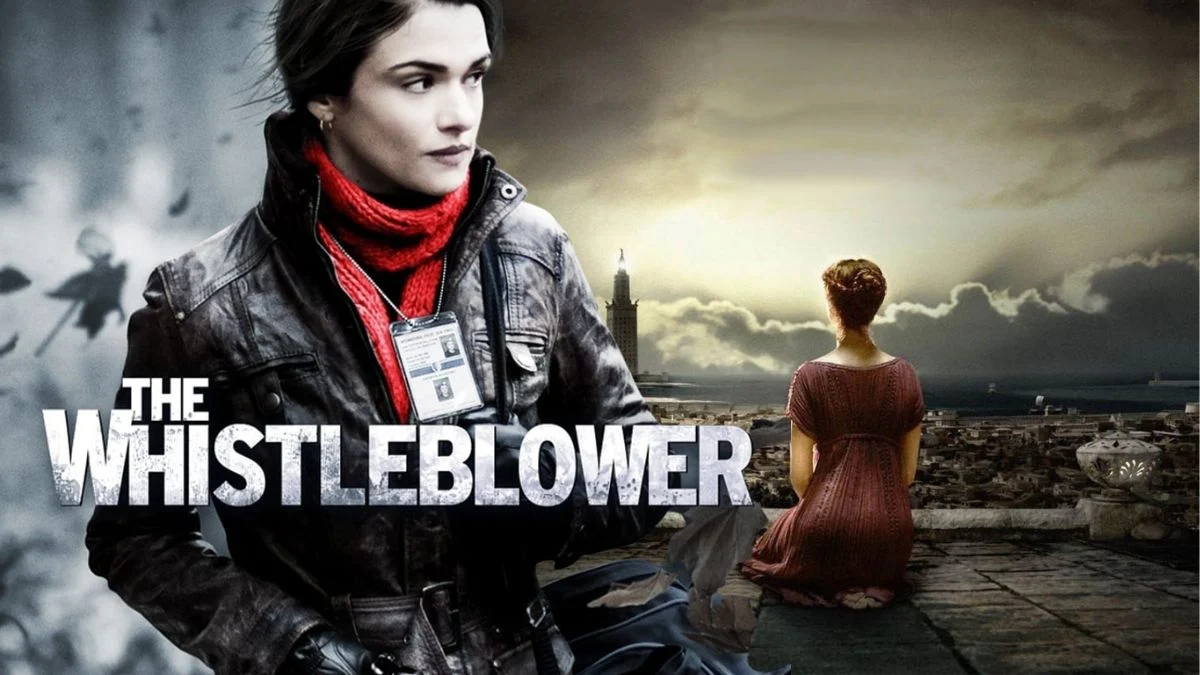
Rachel Weisz is a versatile actor who has successfully worked in a variety of film genres, from small, personal dramas to imaginative science fiction and clever comedies. While many first discovered her in big-budget action films, she’s since become known for her nuanced performances in movies based on historical events, books, and original stories. She’s received critical acclaim and major awards for her work, including wins for ‘The Constant Gardener’ and significant recognition for ‘The Favourite’.
As a huge fan, I’ve put together a list of ten films that really showcase everything she’s capable of. We’re talking about stories set everywhere from modern London and ancient Alexandria, to intense courtroom dramas and cities ripped apart by war. It’s amazing to see how she takes on projects based on beloved books, real-life events, and completely fresh concepts. I’ve included details about who she worked with, when the films came out, and some behind-the-scenes info too!
‘Disobedience’ (2017)
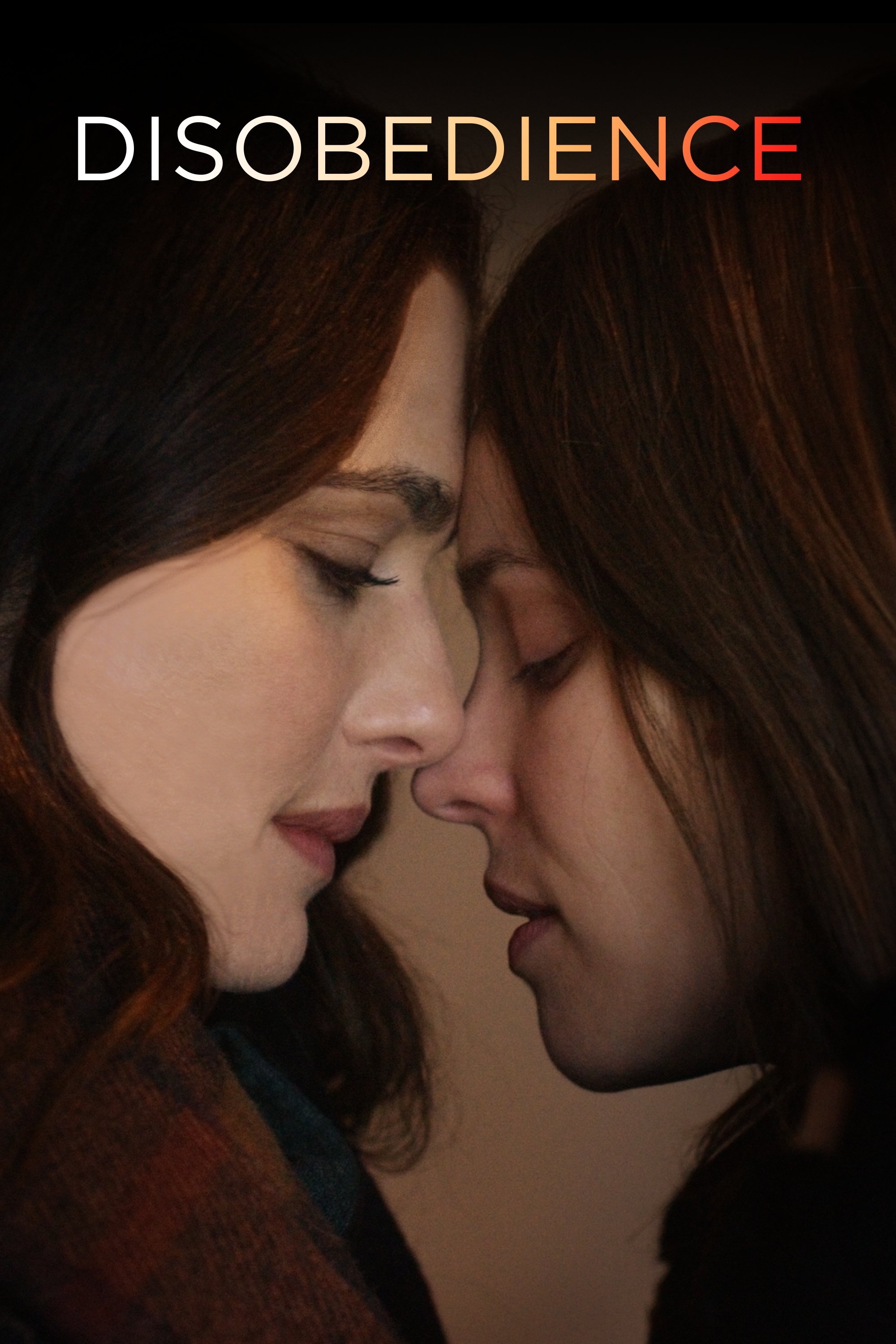
Rachel Weisz plays Ronit, a photographer who goes back to her close-knit Orthodox Jewish community in North London after her father passes away. The movie, based on a novel by Naomi Alderman, centers on Ronit’s reunion with her childhood friend Esti (played by Rachel McAdams) and Dovid (Alessandro Nivola). Director Sebastián Lelio filmed on location in and around Hendon and Golders Green to bring a sense of realism to the story.
Element Pictures developed the project, with Rachel Weisz producing through her company, showing her commitment throughout the entire process, from initial concept to the final film. ‘Disobedience’ first premiered at the Toronto International Film Festival before being released in the UK and US with a limited rollout. The film’s score, composed by Matthew Herbert, and its subtle visual style enhance a character-focused story exploring themes of faith, identity, and the choices we make.
‘Denial’ (2016)
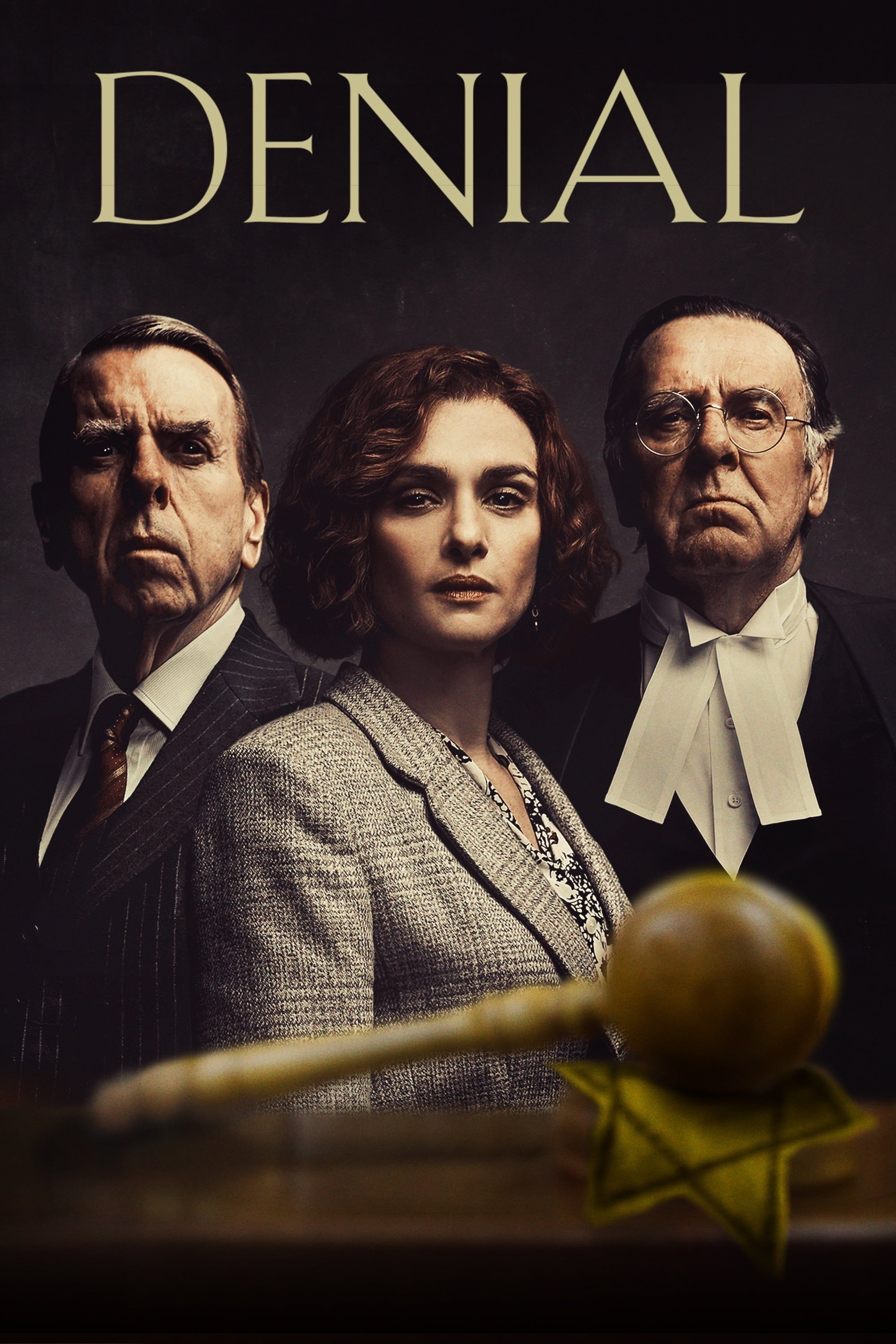
“Denial” is a movie based on the real-life court case between historian Deborah Lipstadt and David Irving, who sued her for libel after she accused him of denying the Holocaust. Rachel Weisz portrays Lipstadt, with Timothy Spall as Irving and Tom Wilkinson as the lawyer, Richard Rampton, who defends Lipstadt. The film, directed by Mick Jackson and written by David Hare, is adapted from Lipstadt’s book, “History on Trial.”
As a fan, I was really impressed with how much effort went into making this film feel authentic. They actually filmed in London, and even recreated the courtroom to look exactly like the High Court where the real trial happened! They didn’t just tell the story, they *showed* it, using details from the actual trial records and even filming at places Professor Lipstadt and her lawyers visited while getting ready. It came out in 2016, and it really dives deep into the legal battle, relying on expert witnesses and historical documents to tell the full story.
‘The Brothers Bloom’ (2008)
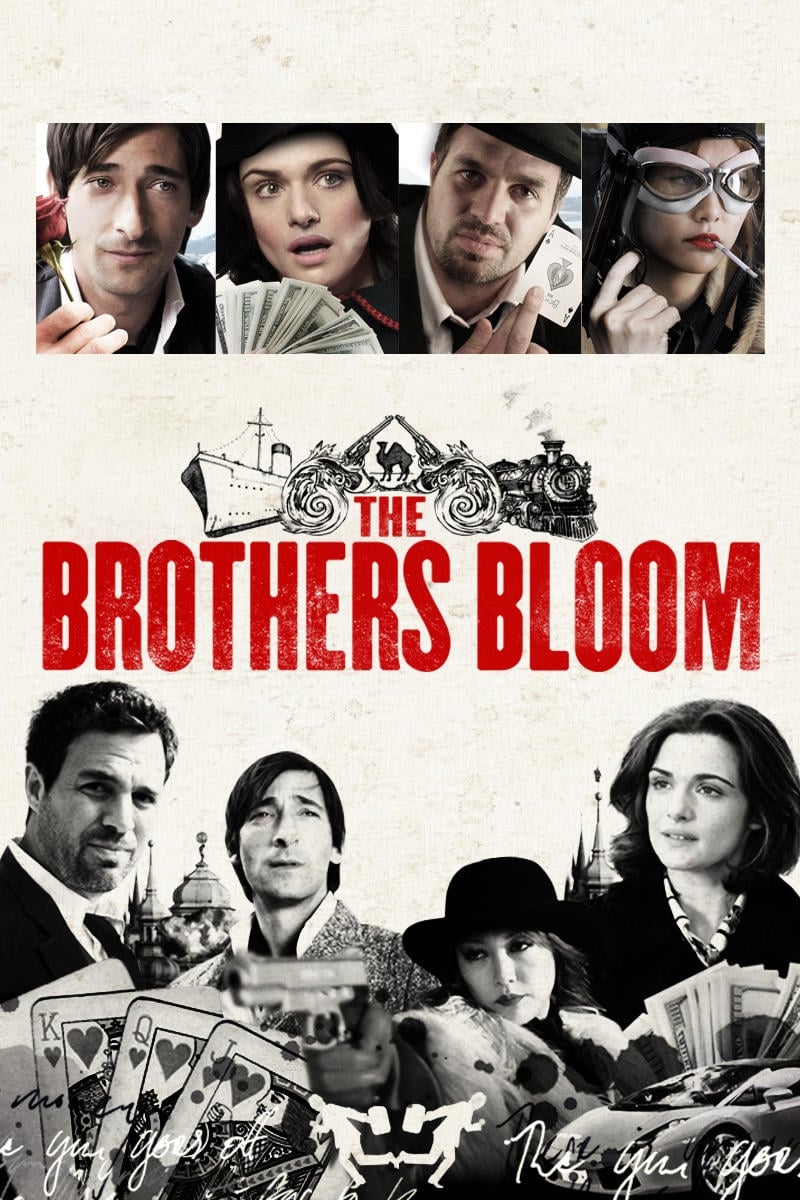
Rian Johnson’s film ‘The Brothers Bloom’ is a globe-trotting adventure about two con artist brothers, played by Adrien Brody and Mark Ruffalo, who create incredibly complex scams. Rachel Weisz stars as Penelope, a rich and inquisitive woman who initially becomes their target, but later joins them in their elaborate scheme. Rinko Kikuchi also appears as a skilled demolitions expert, bringing a calm and precise touch to the team’s operations.
Filming took place in several countries, including the Czech Republic and Montenegro, giving the movie a distinctly international vibe. The filmmakers prioritized real locations and classic styles for costumes and sets, avoiding artificial studio environments. After premiering at film festivals, the movie has been praised for its detailed and elaborate scenes filmed in cities, harbors, and the countryside.
‘The Whistleblower’ (2010)
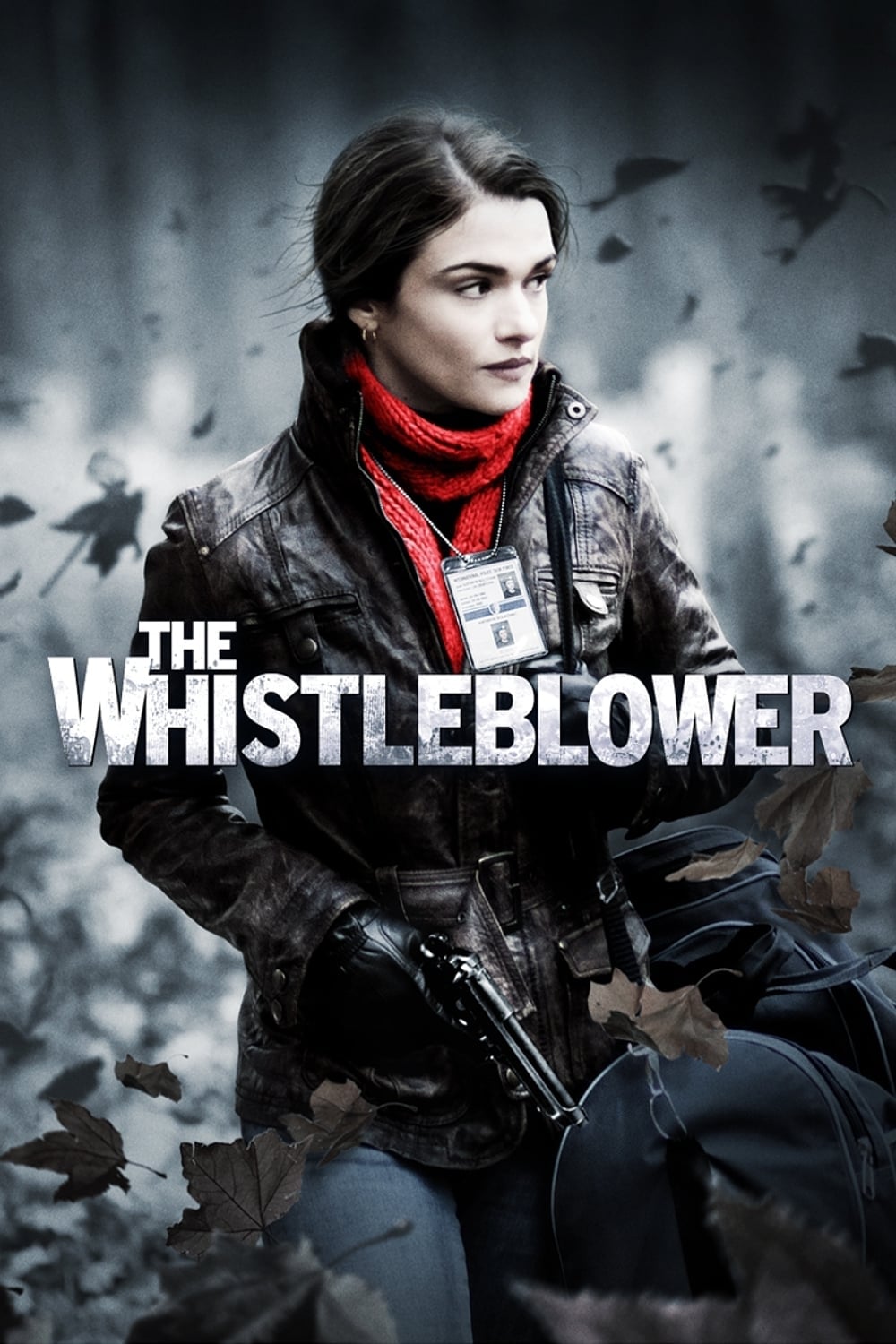
‘The Whistleblower’ tells the true story of Kathryn Bolkovac, a Nebraska police officer who, while working as a UN peacekeeper in Bosnia, discovers a shocking human trafficking operation. Rachel Weisz plays Bolkovac in this film, which was directed and co-written by Larysa Kondracki. The movie also features performances by Vanessa Redgrave, David Strathairn, and Monica Bellucci, who play individuals involved with the peacekeeping mission.
Filmed in Romania to realistically portray post-war Bosnia, the movie utilized local teams and settings appropriate for the time period. ‘The Whistleblower’ first premiered at the Toronto International Film Festival before being released in North America and Europe. The story is based on real reports and accounts from peacekeeping missions, focusing on investigations, bureaucratic hurdles, and the difficulties of seeking justice.
‘Definitely, Maybe’ (2008)
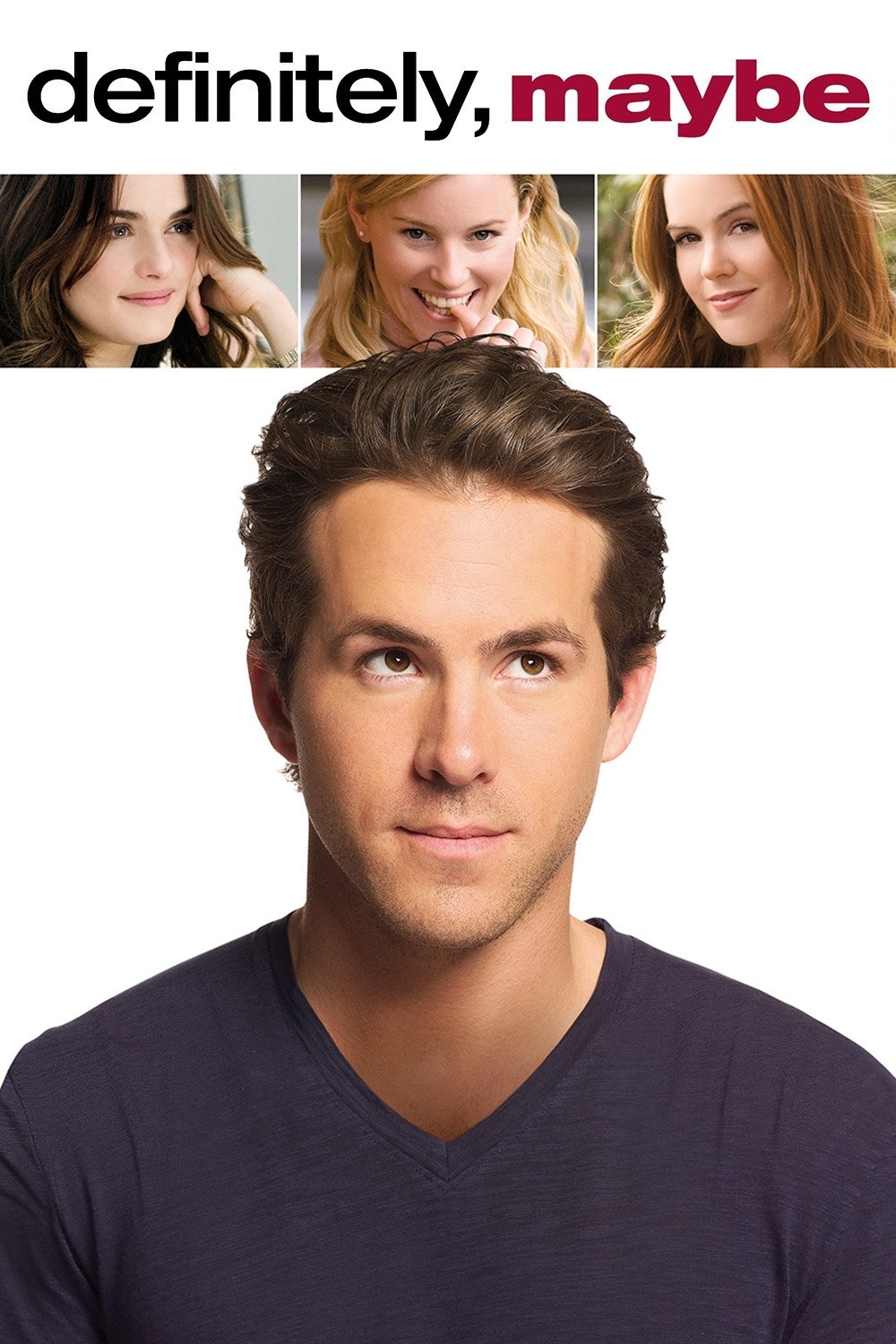
“Definitely, Maybe” centers around a New York City political consultant who recounts the stories of three significant relationships to his daughter, challenging her to figure out which woman is her mother. Ryan Reynolds stars as Will Hayes, and Rachel Weisz plays Summer Hartley, a journalist involved in the publishing world. Isla Fisher and Elizabeth Banks play the other two key women in his life, while Abigail Breslin portrays his inquisitive daughter who prompts the storytelling.
I was really captivated by how Adam Brooks brought this story to life – he not only wrote and directed it, but he also used real locations in Manhattan and Brooklyn to show us where the characters lived and how their lives changed. It’s set across the 90s and into the early 2000s, and what I especially loved was how he wove in actual political events of the time, which really grounded the story. It was produced by Working Title Films and released by Universal Pictures, perfectly timed for Valentine’s Day, which felt so fitting!
‘The Fountain’ (2006)
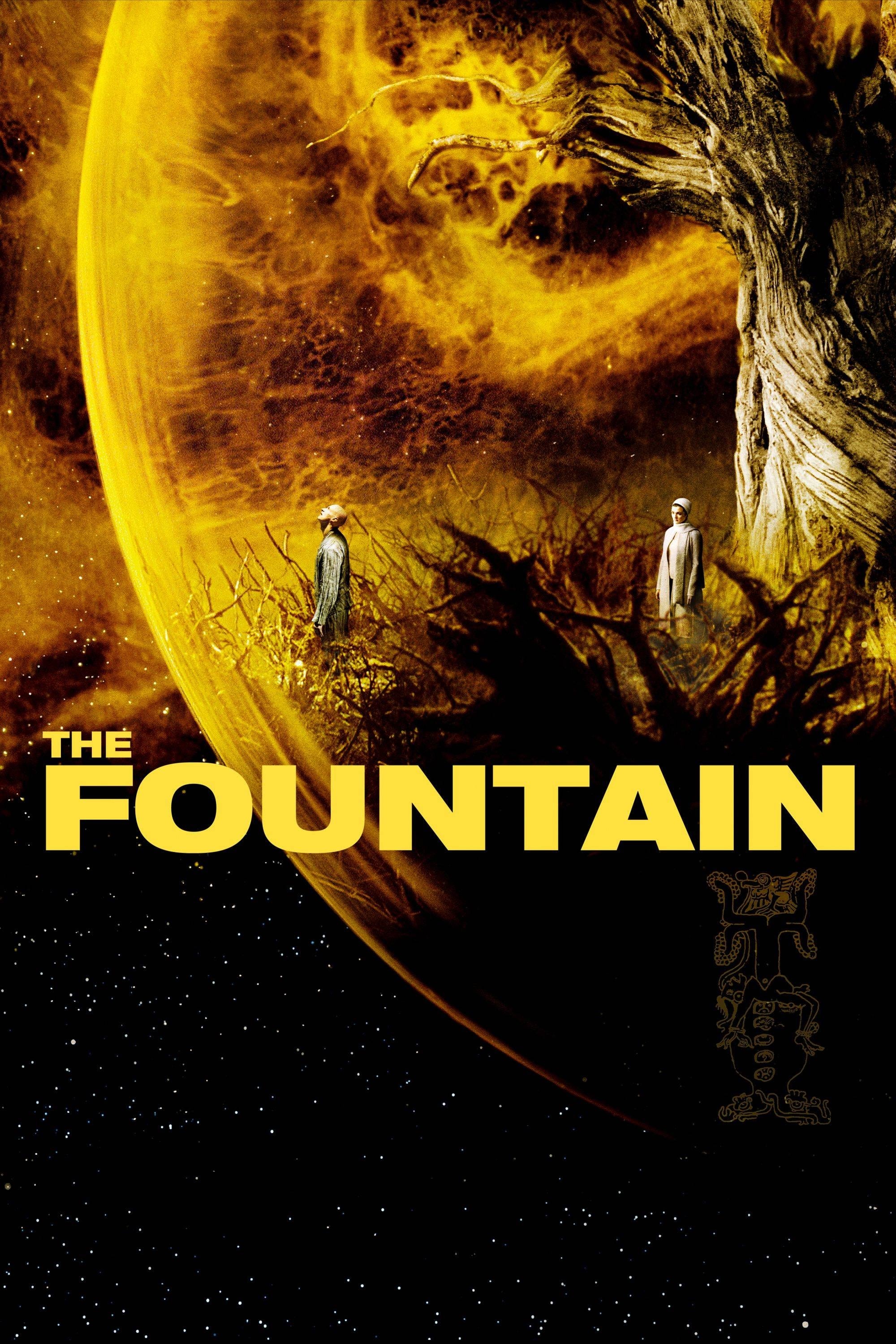
Darren Aronofsky’s film ‘The Fountain’ tells a complex story by weaving together three different timelines, all connected by the actors Hugh Jackman and Rachel Weisz. Weisz plays a contemporary author, a queen during the Spanish conquest, and a symbolic figure representing the film’s central ideas about love, death, and the nature of time. The film’s visuals were created by cinematographer Matthew Libatique, and its memorable score was composed by Clint Mansell and performed by the Kronos Quartet.
The film achieved its unique look by filming close-ups of chemical reactions to create the imagery of space, favoring real-world effects over extensive digital manipulation. It first screened at the Venice Film Festival and then went on to other festivals and cinemas. The set design allowed scenes to seamlessly transition between different time periods while remaining visually consistent, and Renée April’s costumes further distinguished each era through the use of specific materials and styles.
‘Agora’ (2009)
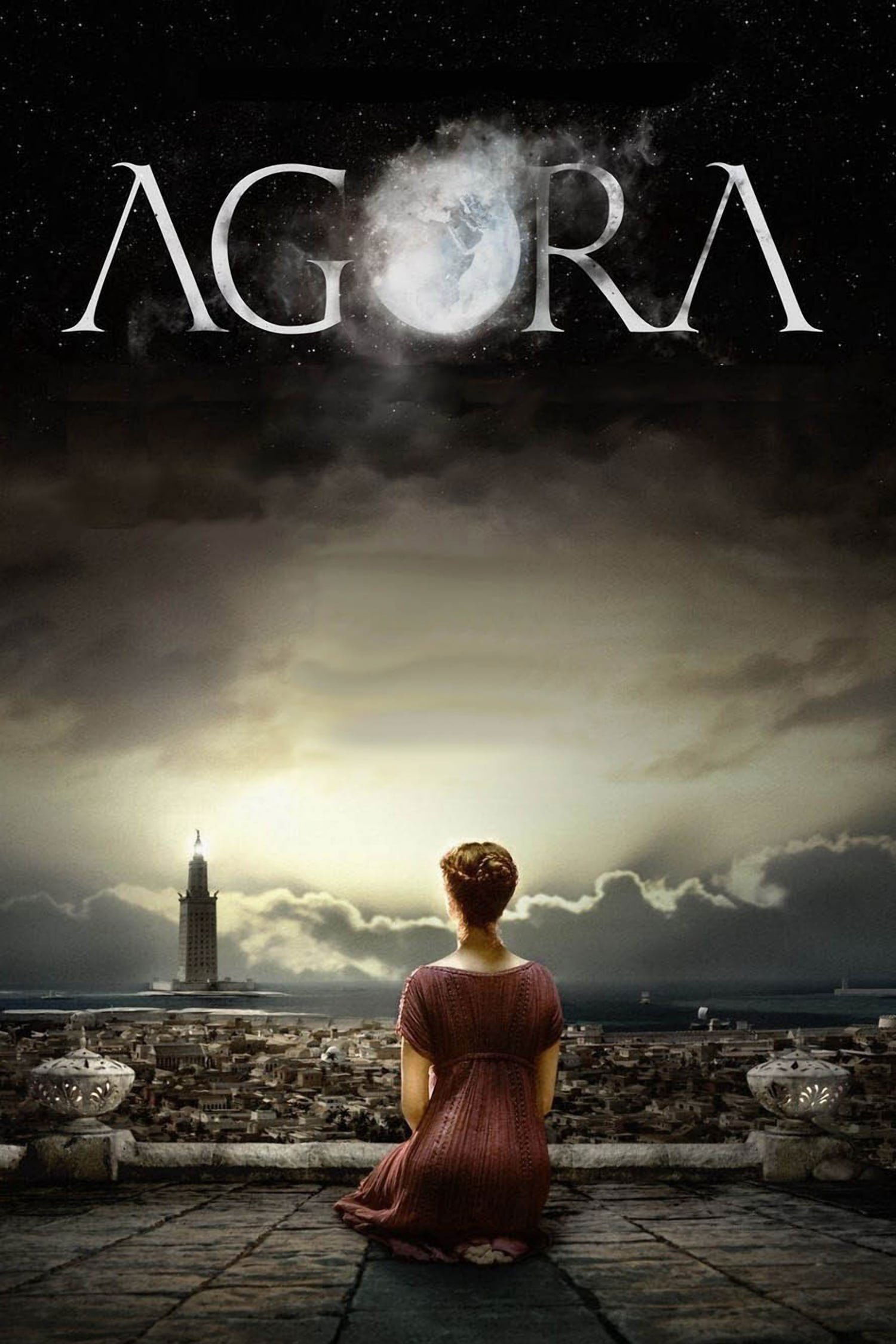
‘Agora’, directed by Alejandro Amenábar, tells the story of Hypatia, a philosopher and mathematician living in fourth-century Alexandria. Rachel Weisz stars as Hypatia, a teacher at the Library of Alexandria, who faces challenges as the city experiences religious and social upheaval. The film also features Max Minghella and Oscar Isaac as characters connected to Hypatia during a time of great change in the ancient world.
The movie was filmed on location in Malta, and the filmmakers built extensive outdoor sets to recreate the Library and city streets. Director Amenábar carefully blended historical accuracy with dramatic filmmaking techniques to show the fading power of ancient beliefs and the growing influence of new ones. ‘Agora’ premiered at the Cannes Film Festival and was initially released in European cinemas before becoming available in other countries.
‘The Light Between Oceans’ (2016)
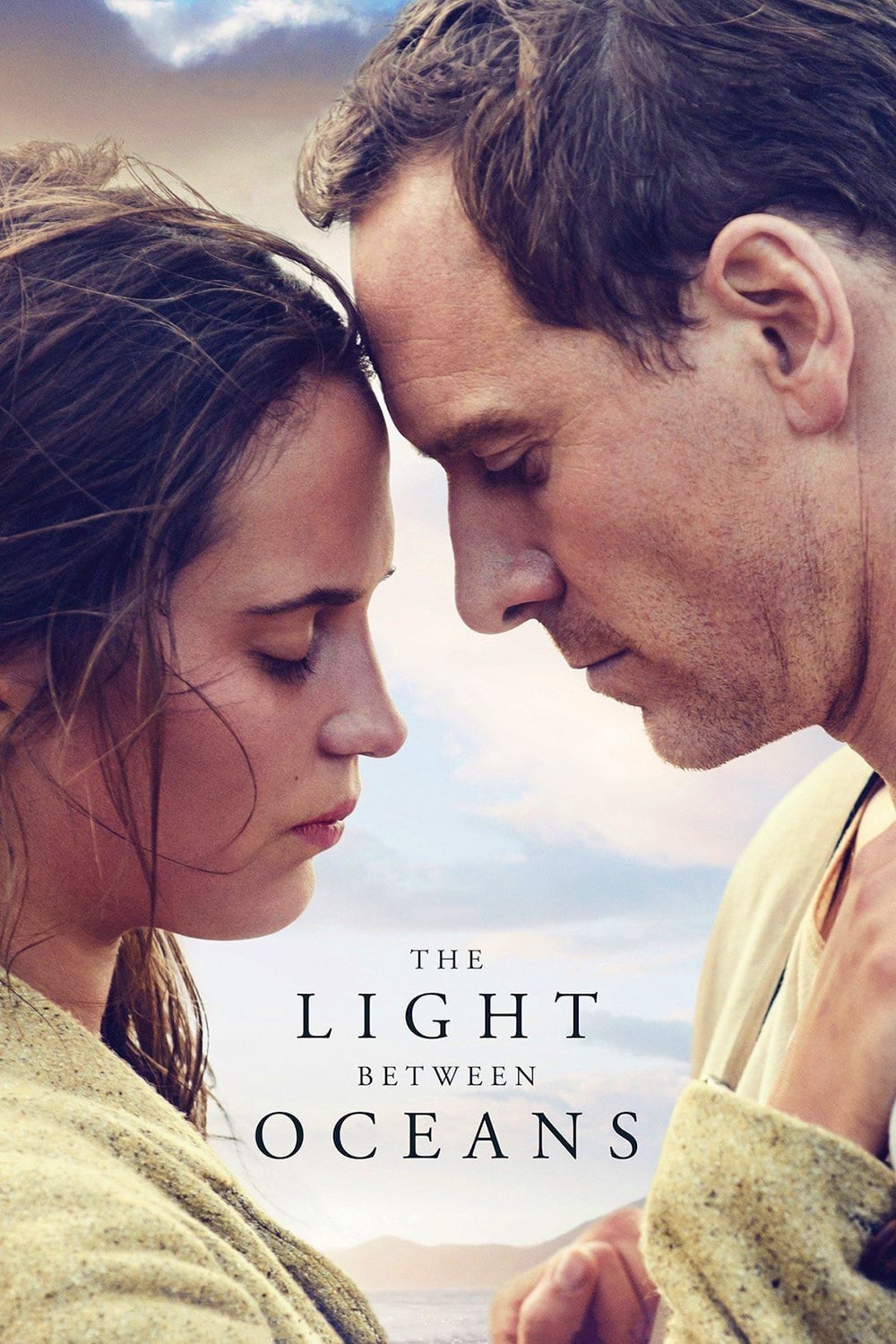
‘The Light Between Oceans’ is a movie based on M.L. Stedman’s novel, following a lighthouse keeper and his wife who discover a lost baby and must deal with the repercussions of what they decide to do. Rachel Weisz plays Hannah Roennfeldt, a character whose history is key to the film’s central puzzle. The movie stars Michael Fassbender and Alicia Vikander, and was written and directed by Derek Cianfrance.
Filmed in the stunning landscapes of New Zealand and Tasmania, the movie used the coastlines and weather to enhance the story. It first appeared at the Venice Film Festival, then at the Toronto International Film Festival, before being released to a wider audience. The filmmakers focused on using natural light and realistic lighthouse sets, and they paid close attention to historical detail in the costumes and props to accurately portray the post-World War I era.
‘Youth’ (2015)
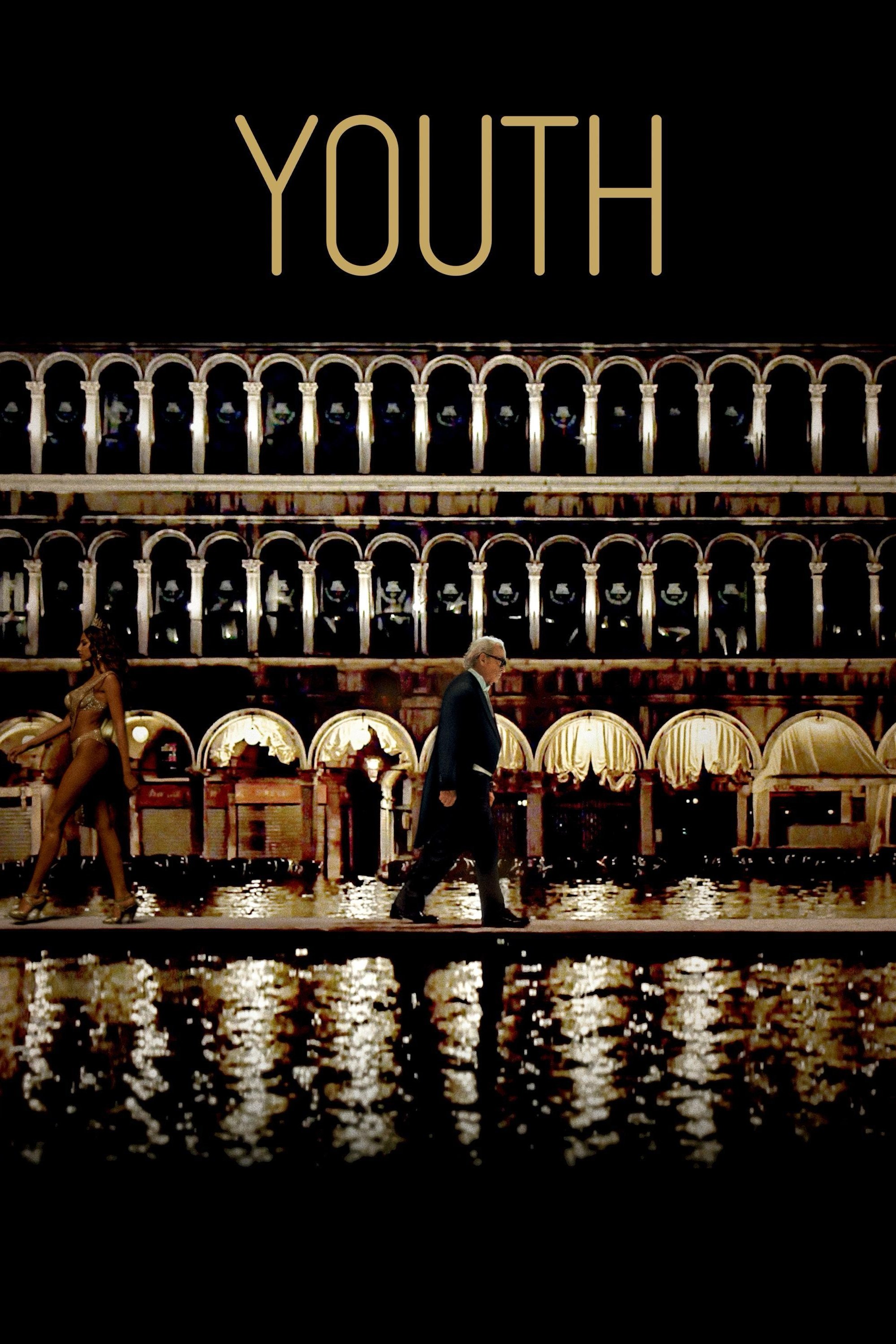
I recently watched Paolo Sorrentino’s ‘Youth,’ and it’s a beautiful film. It takes place at this incredibly luxurious spa in the Swiss Alps, and it centers around a retired composer, played by Michael Caine, who’s thinking about whether or not to accept an invitation from the Queen. But it’s not just his story; we also see his daughter, Lena – Rachel Weisz does a fantastic job with the role – and his lifelong friend both going through major changes in their lives. The cast is amazing overall, with Harvey Keitel, Paul Dano, and even Jane Fonda popping up. It’s a really interesting mix of these quiet, intimate conversations alongside these visually stunning and almost theatrical scenes.
Filming for the movie happened in Switzerland and Italy, with a mountain resort serving as the main setting. The director focused on combining movement and music to create the scenes. ‘Youth’ first shown at the Cannes Film Festival, where it competed for awards, and later received several European Film Awards. The film’s visual style features lots of reflections and sharp lines, brought to life by fluid camera movements from cinematographer Luca Bigazzi, a frequent collaborator with the director.
‘Enemy at the Gates’ (2001)

‘Enemy at the Gates’ is a war film set during the brutal Battle of Stalingrad. It centers on a tense rivalry between Vasily Zaitsev, a Soviet sniper, and a German marksman tasked with eliminating him. Jude Law stars as Zaitsev, while Rachel Weisz plays Tania Chernova, a local woman who joins the resistance and becomes close to him. The film also features strong performances from Ed Harris, Joseph Fiennes, and Bob Hoskins, and is directed by Jean Jacques Annaud.
Inspired by William Craig’s book of the same name, the movie was filmed mainly in Germany, where the crew built detailed sets to depict ruined cities. James Horner’s music and Robert Fraisse’s realistic cinematography combine to create a powerful atmosphere. Released internationally in early 2001, the film is a wartime drama focusing on the strategies, deception, and struggle for survival inside a city under attack.
Let us know in the comments which Rachel Weisz movies you think deserve more attention! We’d love to hear your recommendations and see what hidden gems everyone discovers.
Read More
- Gold Rate Forecast
- Top 15 Insanely Popular Android Games
- EUR UAH PREDICTION
- 4 Reasons to Buy Interactive Brokers Stock Like There’s No Tomorrow
- Did Alan Cumming Reveal Comic-Accurate Costume for AVENGERS: DOOMSDAY?
- Silver Rate Forecast
- DOT PREDICTION. DOT cryptocurrency
- ELESTRALS AWAKENED Blends Mythology and POKÉMON (Exclusive Look)
- New ‘Donkey Kong’ Movie Reportedly in the Works with Possible Release Date
- Core Scientific’s Merger Meltdown: A Gogolian Tale
2025-09-19 16:46